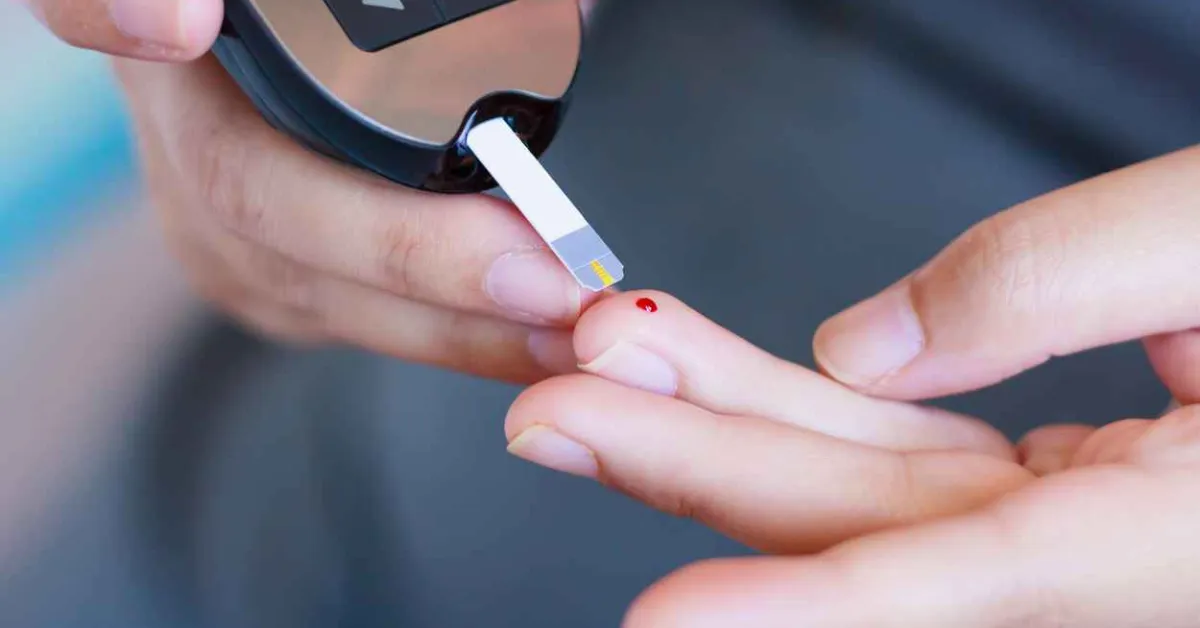Tata 1mg, a digital healthcare platform, on Friday announced that one-third of the people who tested for HbA1c at Tata 1mg Labs, were found to have diabetes, with the highest incidence reported among the 40-60 years age group.
According to the company, the proportion of diabetes patients was found to be higher in men as compared to women.“This report has been prepared on the basis of a retrospective data analysis conducted on people who wanted to get themselves checked specifically for diabetes, or those who took a preventive health screening package. The screening was done through HbA1c test (or glycosylated hemoglobin test) which tells about the average level of blood sugar over the past 2 to 3 months. A value of HbA1c level ≥ 6.5% is considered to be indicative of diabetes,” the company stated.
Reportedly, a total of 536,164 blood samples were tested for diabetes at Tata 1mg labs across the country in March-October 2022. Out of these samples, 180,891 (about 33%) were diagnosed as positive for the disease. The incidence was highest in 40-60 years age group (44%), followed by 60+ years (42%) and 25-40 years (12.5%). More men (58%) were found to suffer from diabetes than women (42%), it stated.
“Diabetes is a leading threat to public health globally, and the view is gloomier for countries like India, where the diabetes burden has risen significantly in recent decades and will continue to rise in the coming decades. As the prevalence of diabetes rises, more young adults and adolescents tend to develop diabetes, particularly if they are overweight/obese. Not just this, more people are now falling prey to borderline diabetes. It is a condition wherein blood sugar levels are slightly above the normal range, but not high enough to be called diabetes. A report published in 2018 estimated 1 in every 6 Indians to have borderline diabetes,” Said Dr Prashant Nag, Clinical Head, Tata 1mg Labs in a statement.
According to Tata 1mg, other than genetic predisposition, the main culprits for causing surge in diabetes cases in India are unhealthy lifestyle factors like lack of physical activity, excessive fast-food consumption, smoking, and alcohol consumption.However, certain studies have shown that COVID-19 is also capable of causing direct damage to the pancreas that could worsen sugar levels in known diabetics, and even induce the onset of diabetes in previously non-diabetics, the expert said.
“All adults in India without risk factors should be screened with a test for prediabetes and type 2 diabetes starting at age 35, instead of age 45. However, many experts have recommended that screening for diabetes should now be initiated at 25 years of age, looking at the recent increase in diabetes cases in young adults in the country,” Nag said.














